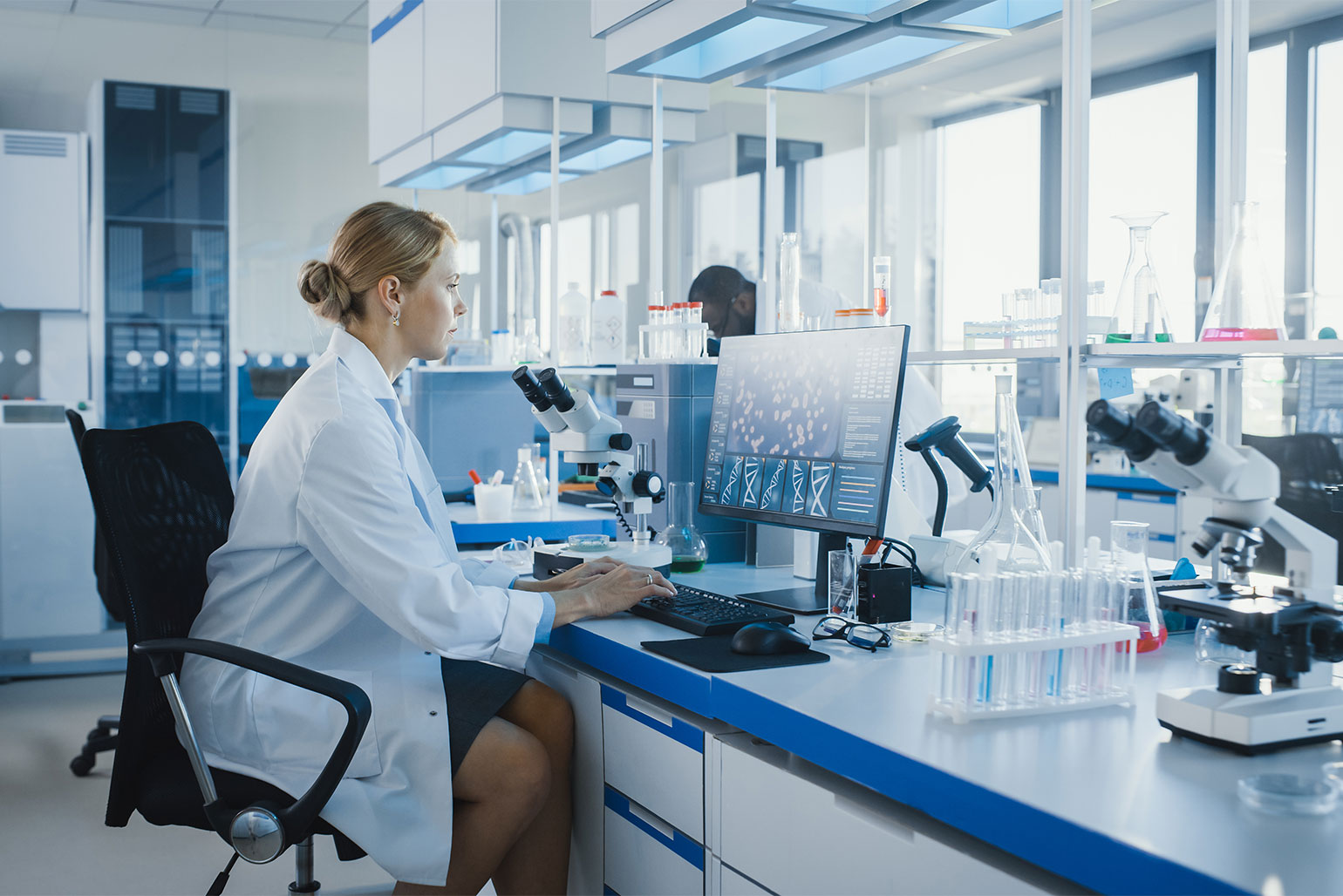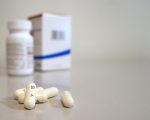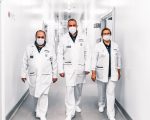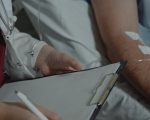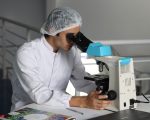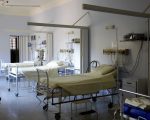The Medical Research Commercialisation Fund (MRCF) will establish a national biotech incubator in Australia following a AUD 40m ($31m) grant from the government’s Medical Research Future Fund (MRFF). MRCF was one of four companies to receive commercialisation grants from the MRFF, with a total of AUD 79m awarded for medical research and innovation projects. The MRCF, which is run by Brandon Capital, a leading venture capital firm, is a collaboration of medical research institutes, hospitals, superannuation funds, and other research organisations in Australia and New Zealand. The incubator aims to support the development of new medical devices, medicines, and digital health technologies.
The biotech incubator will operate two streams of activity over the next three years. The first, with AUD 20m in funding, will provide support for promising preclinical biomedical technologies through to the point of seed investment. The second stream will provide AUD 20m in capital to support the clinical development of novel therapies to treat disease. Successful applicants will benefit from matching capital from MRCF. The biotech incubator aims to provide funding to 20-25 Australian startups developing preclinical biomedical assets during the three-year funding period, with individual projects eligible for up to AUD 1m in funding. It will also provide up to AUD 1.5m, matched with AUD 1.5m from MRCF, in funding to support 10-12 Australian SMEs in the development of their clinical-stage products.
Bill Ferris, pioneer venture capitalist and chair of MRCF, said the biotech incubator will provide a critical bridge in the translation of promising research into revolutionary new therapies. Chris Nave, CEO and co-founder of MRCF, added that the incubator will increase the number of medical discoveries moving from the laboratory bench to the bedside, and that MRCF aims to increase the 4% of ideas currently succeeding in attracting investment. The incubator will provide both capital and commercial expertise to guide ideas through to the point where they are ready for clinical development and commercialisation, creating jobs and benefiting patients. Dr Nave said the incubator will help support local biomedical discoveries and provide funding for preclinical biomedical assets that are too early in their development to attract seed investment. Overall, the incubator will create jobs, manufacturing opportunities, and will nurture and develop world-class talent and research teams in the Australian biomedical industry.

